From the weird cave-dwelling olm to the charismatic otter here are 11 animals starting with the letter O
11 animals starting with o
Olm
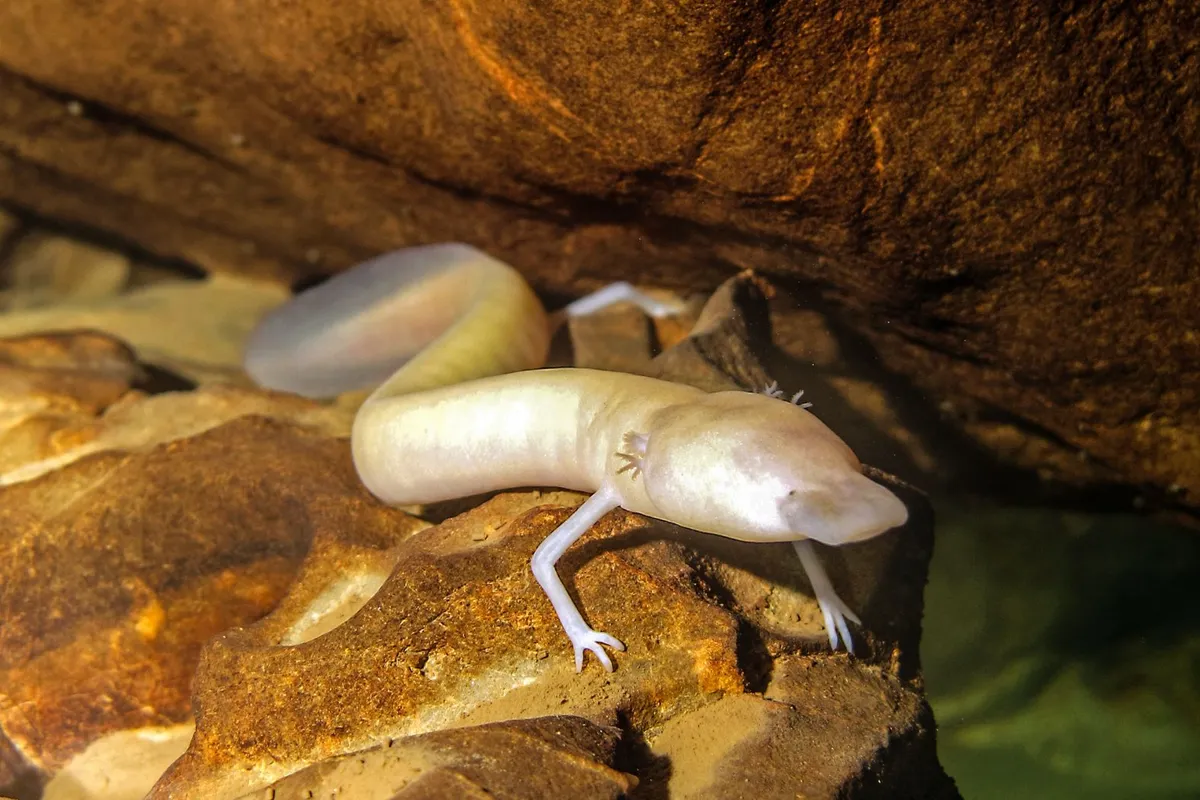
The olm, one of the weirdest animals in the world, is a troglodyte (cave-dwelling) salamander, and has lost its ability to see. It was once referred to a baby dragon by local people, who found them in the rivers after heavy rains washed them out of the caves. .
Okapi

The okapi is the only living relative of the giraffe – both are members of the Giraffidae family. It is endemic to the dense rainforests of the Democratic Republic of Congo. Each okapi’s stripes are unique, which enables conservationists to monitor wild populations.
Orca
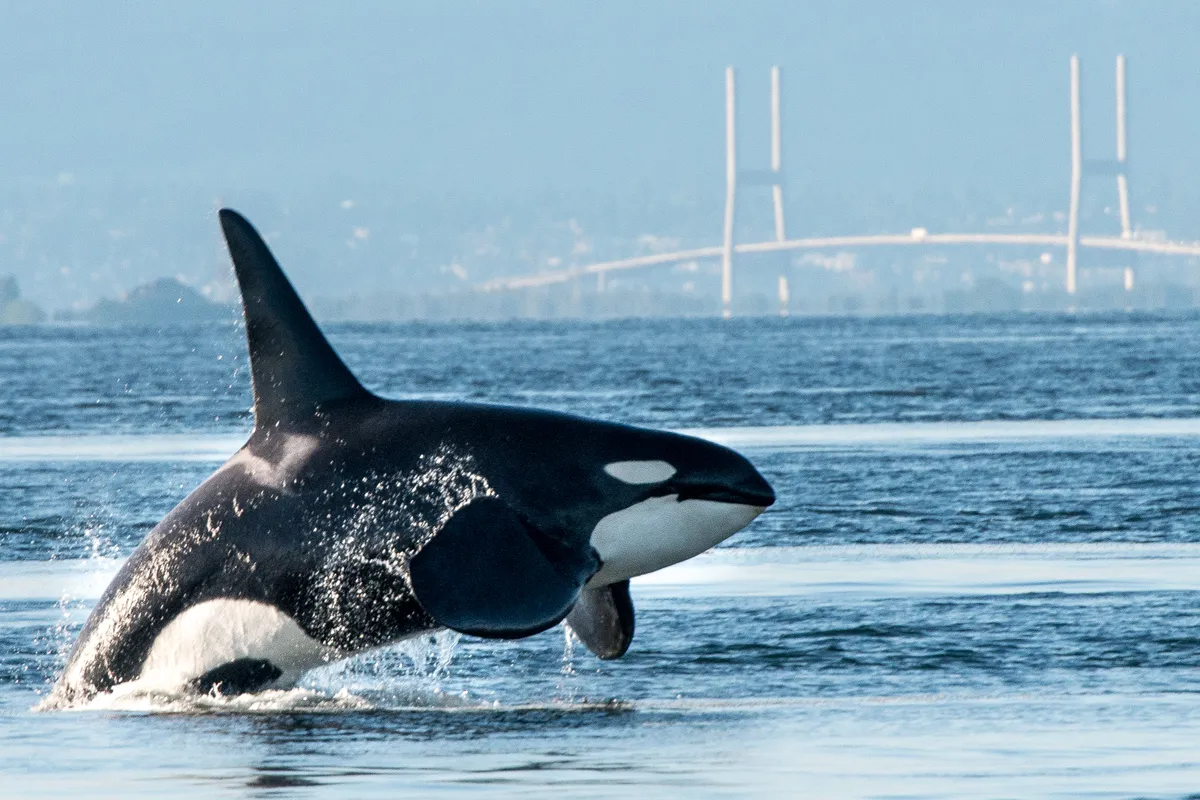
Sometimes referred to as a killer whale, the black and white patterning of an orca is very distinctive. Recently, two eastern North Pacific populations were proposed to be two distinct species by scientists. Orcas have also been making the news for attacking and sinking boats in southwest Europe.
Oystercatcher

A group of wading birds belonging to the Haematopodidae family (and Haematopusgenus), oystercatchers are brown-black and white birds – though the variable oystercatcher (Māori: tōrea-pango) can also be mottled or all-black and the sooty oystercatcher is all-black.
Osprey
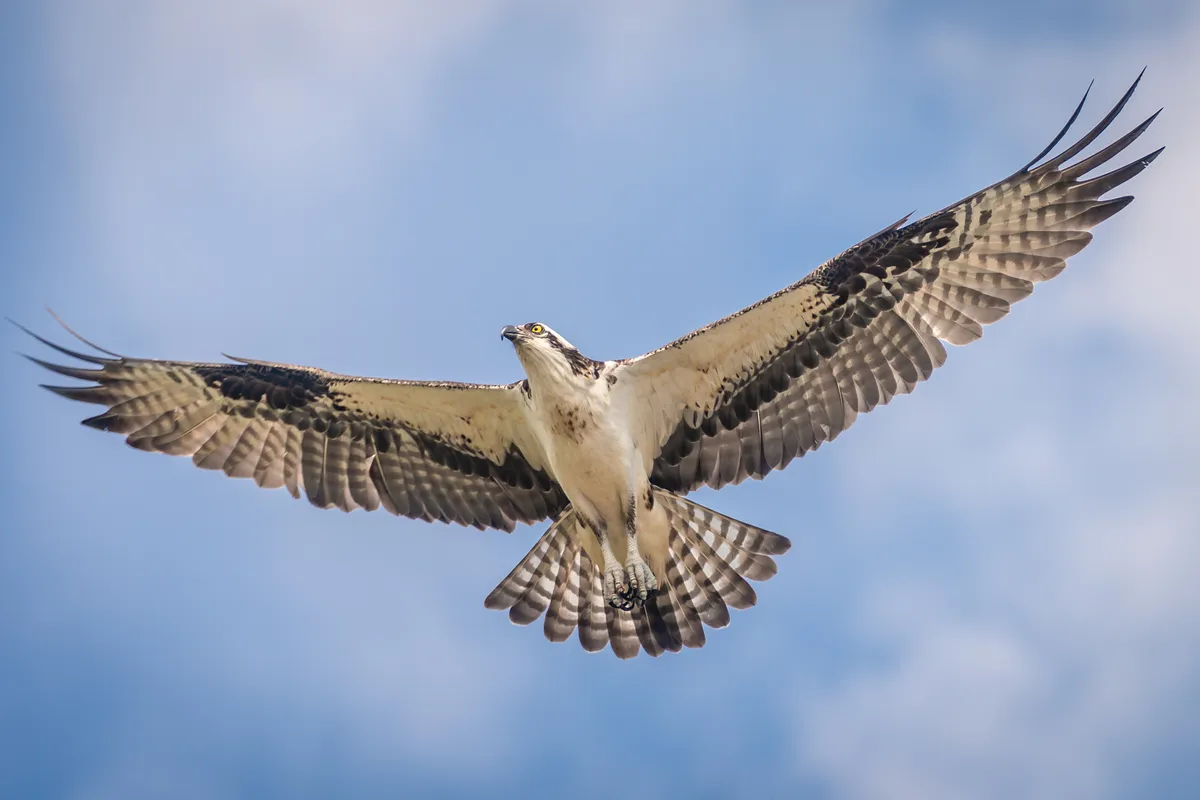
The osprey has one of the most widespread distributions of land birds and is found on all continents except for Antarctica. It feeds on fish, and has a reversible outer toe to provide a better grasp on its prey – a feature it shares with owls.
- White-tailed eagle vs osprey: what's the difference between these two stunning birds of prey?
- Where to see an osprey in the UK
Ocellated velvet gecko

This was the first species to be named after the naturalist, conservationist and broadcaster Sir David Attenborough, when it was described as a species in a 1985 paper and given the scientific name of Oedura attenboroughi. However, it was later synonymised with Oedura monilis.
Orangutan
Orangutans are great apes – a group of primates that also includes gorillas, chimpanzees, bonobos and humans. They are found on only two islands: Borneo and northern Sumatra and a new species was described in 2017. All three species are listed as Critically Endangered on the IUCN Red List.
Orange-tip butterfly

The orange-tip butterfly is so named for the distinctive orange wing tips on the male, which can be easily seen even in flight. Both males and females have mottled green underwings. The female mainly lays her eggs on cuckooflower and garlic mustard plants.
Oyster

Oysters are saltwater bivalve molluscs, some of which are edible. In the UK, the native oyster was once common but experienced a sharp decline. Conservationists are working to increase its populations, particularly as it is an important marine ecosystem engineer.
Ostrich
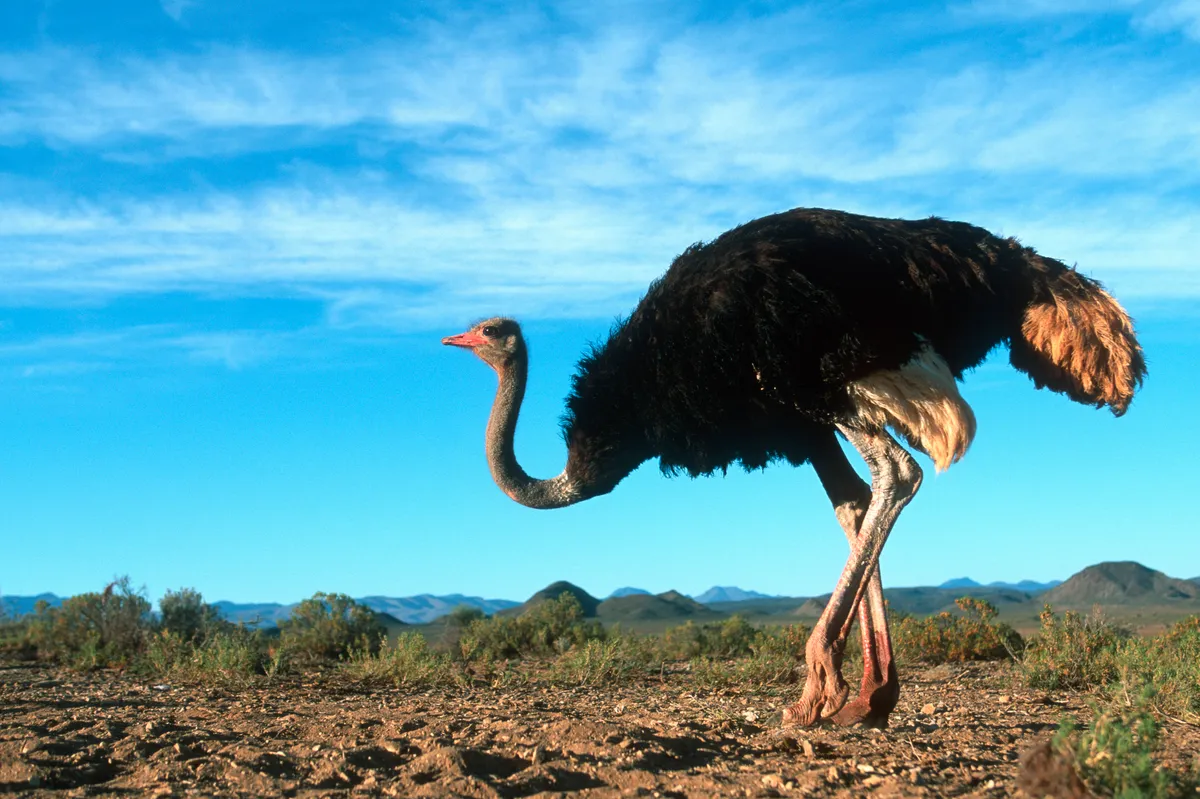
The world’s largest and heaviest living bird, the ostrich is flightless and is native to Africa. Males perform a courtship dance for the female. The common ostrich is more widespread, whilst the Somali ostrich is found only in Somalia, Ethiopia and Kenya.
Otter
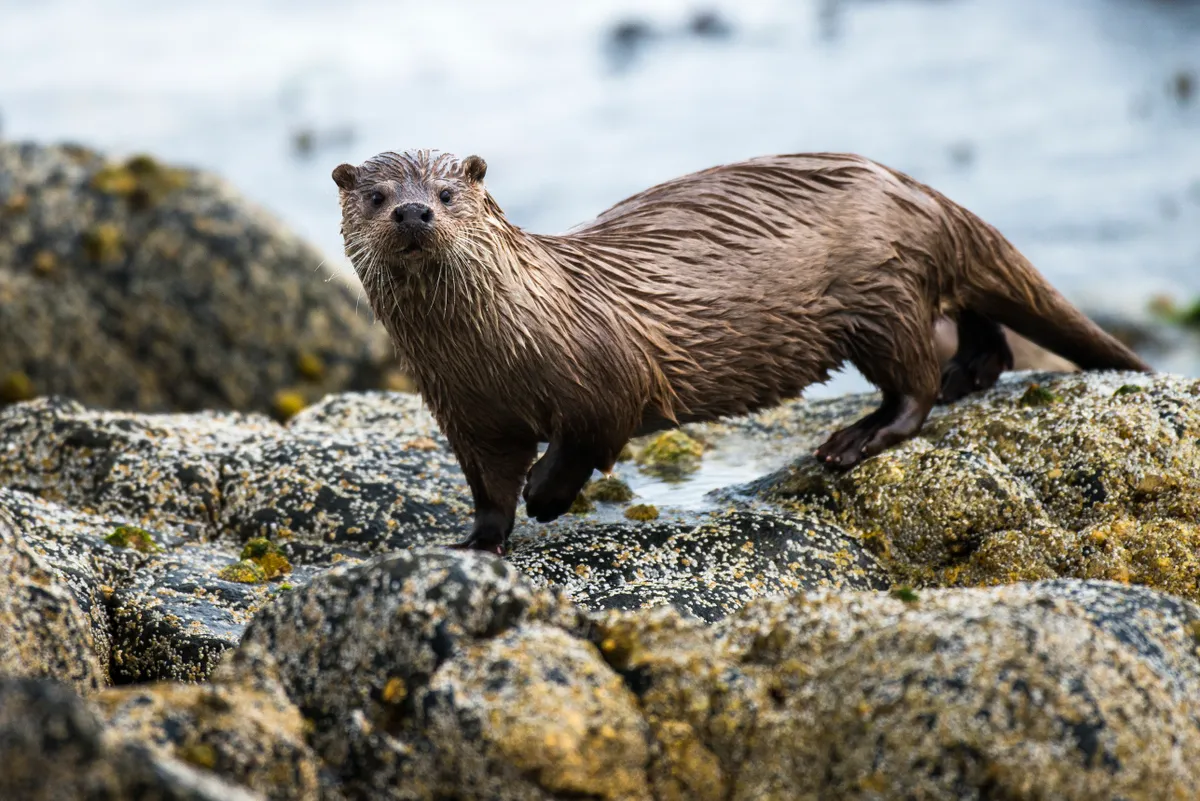
Carnivorous mustelids in the Lutrinae subfamily, there are 13 otter species found around the world, including the giant river otters, North American river otter, Asian small-clawed otter, European otter, Japanese river otter and African clawless otter, as well as many less well known species.
